As my family and I browse the grocery store shelves, we hear someone behind us speaking the familiar flowing sentences of the Albanian language. Instinctively, we all look at each other and knowingly smile, the sense of familiarity overpowering the unfamiliarity of the stranger. As immigrants, ethnicity and culture bind us in a shared longing for our home country and native tongue.
My family immigrated to Canada when I was five and then to the U.S. when I was 13. From my first year away from Albania until today, the surge of pride I feel at the mention of Albania, or the sense of comfort in meeting another Albanian, has yet to subside. Connecting with my culture brings back the memories of living in Tirana: playing on the Albanian beaches, visiting the neighborhood coffee shops and walking to the town square with my grandparents.
Growing up, life was always a disproportionate balance between the culture within the walls of my house and the American lifestyle that pervaded beyond my door. Within those walls, my life consists of eating traditional foods like petulla, a special type of Albanian fried dough; byrek, a type of savory pie made with flaky dough and stuffed with things like cheese or spinach; and qofte, homemade Albanian-style meatballs. I learned to dance to folk music and speak the Albanian language. More importantly, I also embody the values of my Albanian ancestors — values passed on to me from previous generations, ranging from the importance of school to the significance of preserving the culture, all of which have contributed to my work ethic and hopes of making my family proud.
It’s uncommon for me to meet another Albanian, so when I do, I ask the standard questions: “When did you move here? What part of Albania are you from? Do you speak Albanian?” Such questions are a familiar routine I use to solidify the shared yet unique experiences that every immigrant goes through.
Besides longing to meet people with similar backgrounds, I constantly search for ethnically authentic stores or restaurants. Finding traditional Albanian ingredients and products in supermarkets is challenging and comforting, acting as a convergence between the culture I miss and the American lifestyle I’m trying to build.
Immigration is an individualized experience for everyone based on a multitude of identity factors. Because I migrated from Albania at a young age, I don’t have an accent, and my experience assimilating to American culture is different than it is for people like my parents. The older you are, the more memories you miss from your home country, the more responsibilities you have to live up to and the more expectations you have to fulfill to build a new life.
Despite the allure of countries like the U.S., immigration is an experience often associated with numerous consequences. According to NIH studies, social isolation can be as high as 30% for refugee groups and 15% for migrant communities. Additionally, conditions such as Ulysses Syndrome, paired with chronic stress, can affect immigrants living in adverse situations characterized by loneliness, exclusion and fear.
The hardships of immigration draw diasporas closer together, making the occasional Albanian banquet or celebration all the more enjoyable. Overall, these interactions are not about becoming best friends or having any unique connection with an Albanian stranger beyond the initial hello. Instead, they’re about the feelings of familiarity and warmth when seeing and acknowledging one another, and the reminders of the struggles and the celebrations that immigration has brought into my life and the lives of so many others.
My family and I turn to face the stranger in the grocery store. “Ckemi,” we all say simultaneously. The stranger’s bright smile reflects the warm grins on our faces.



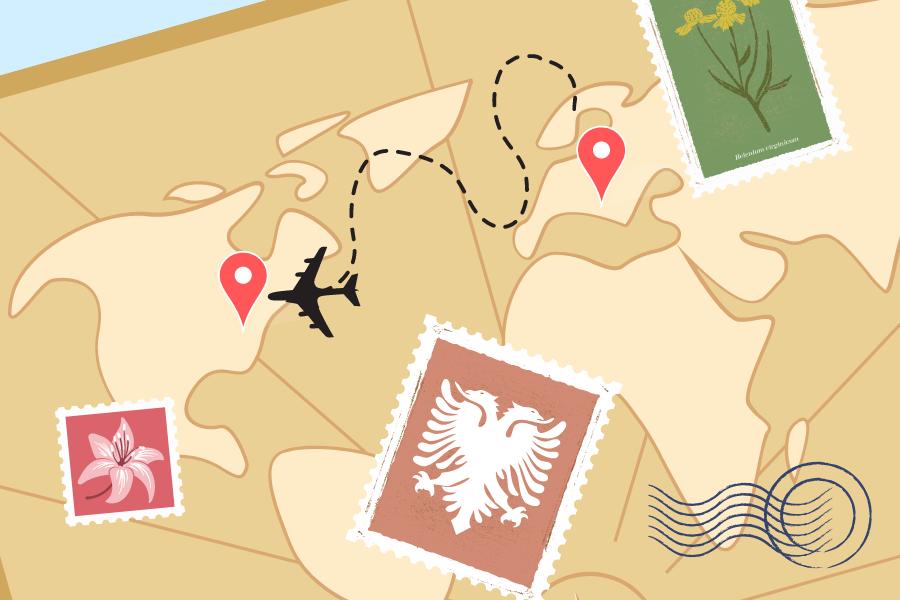

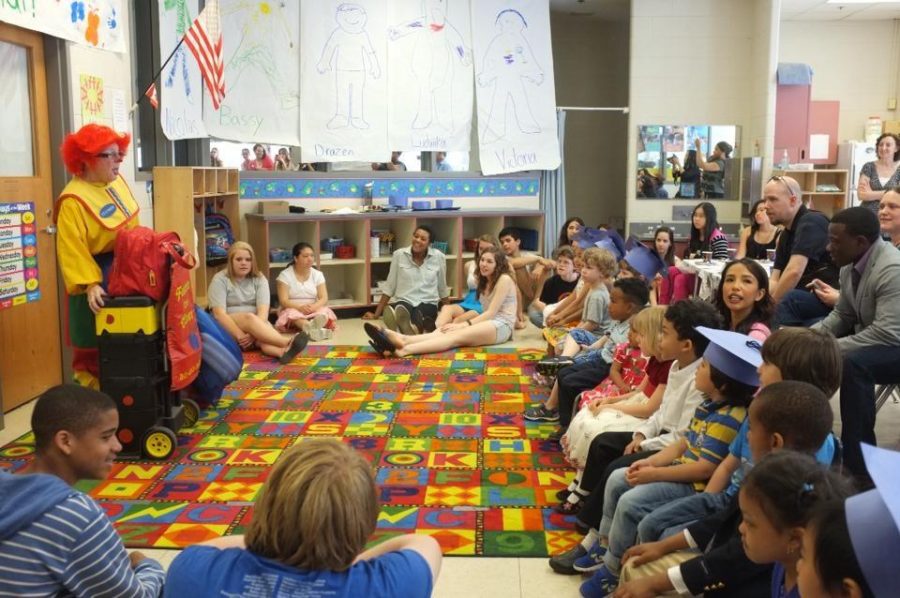

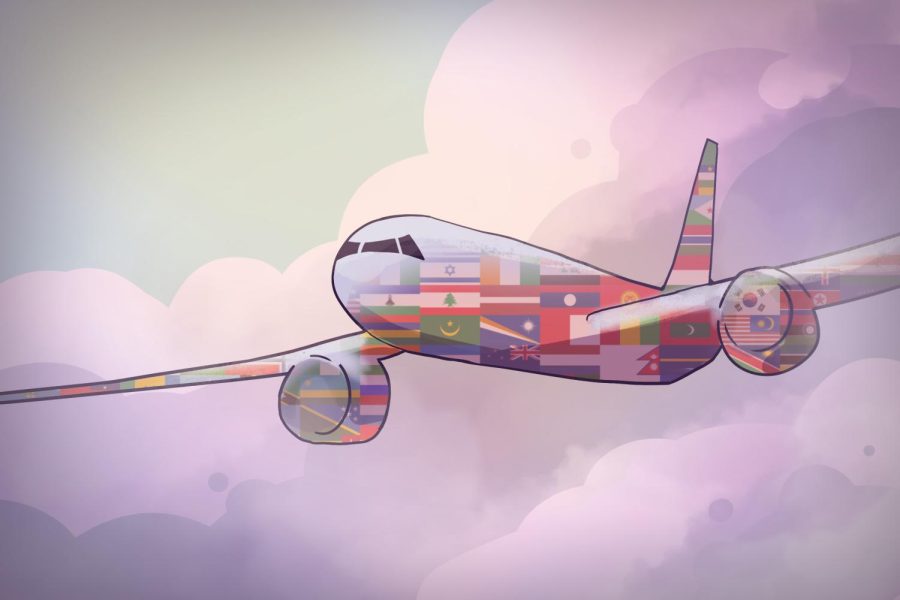
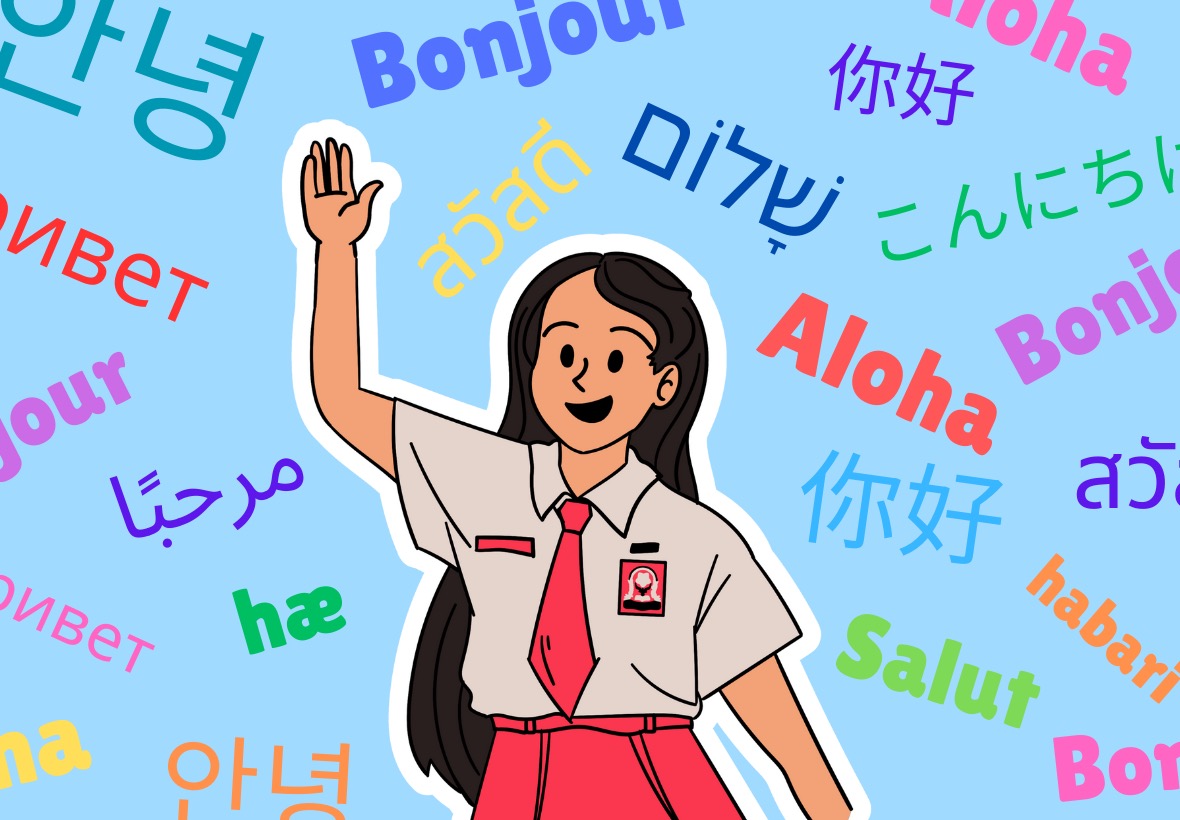

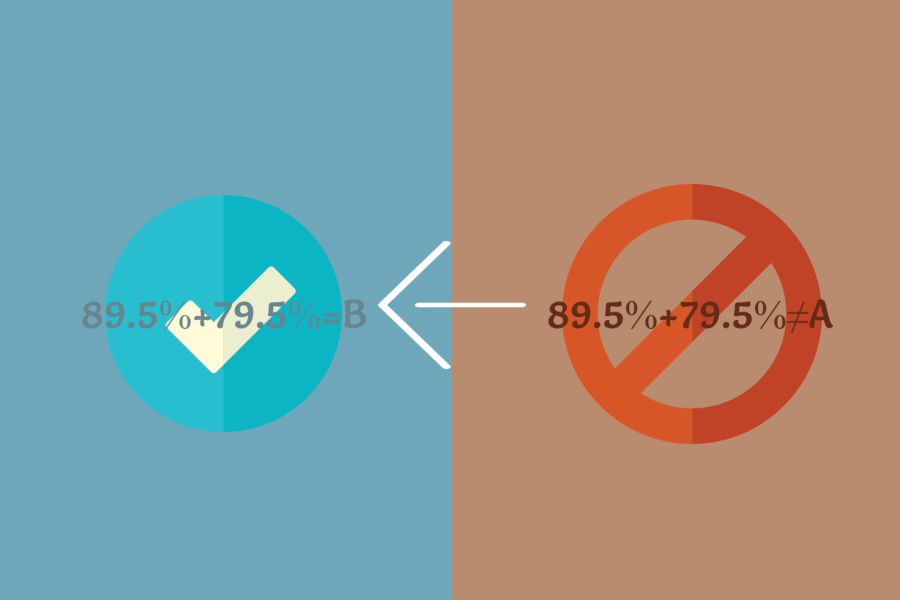


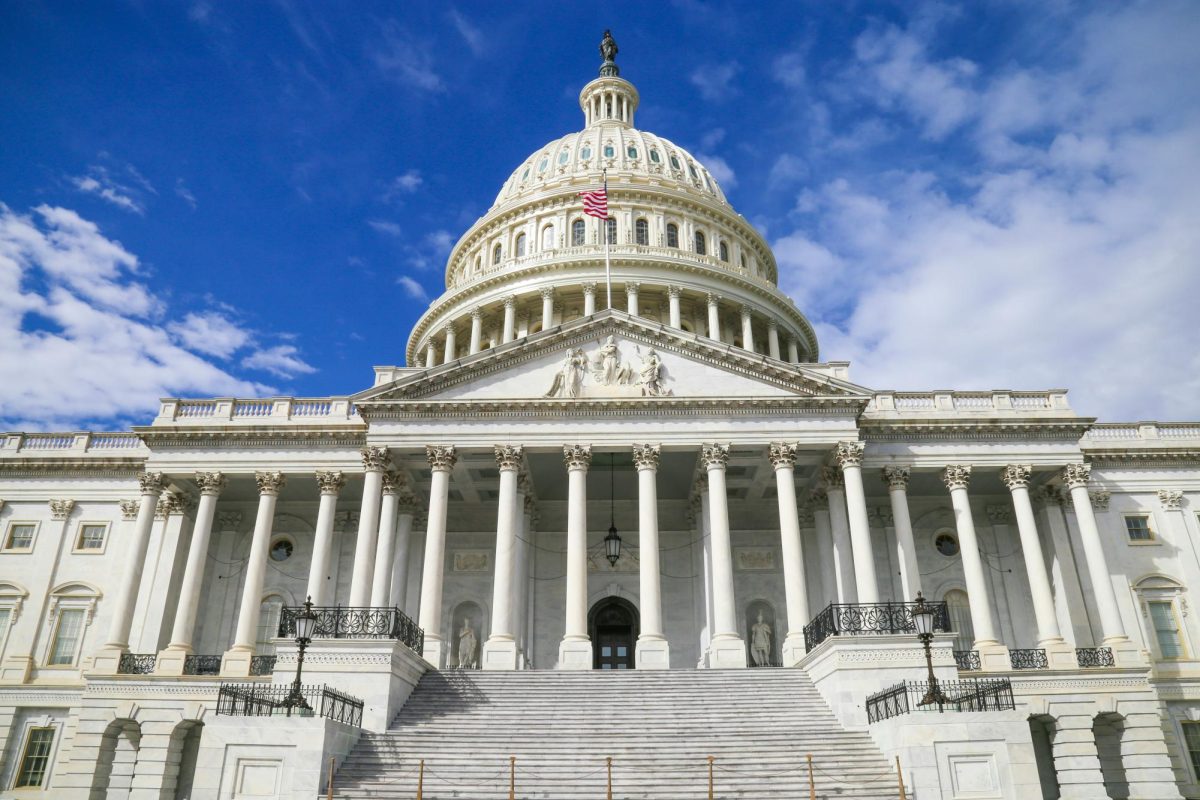


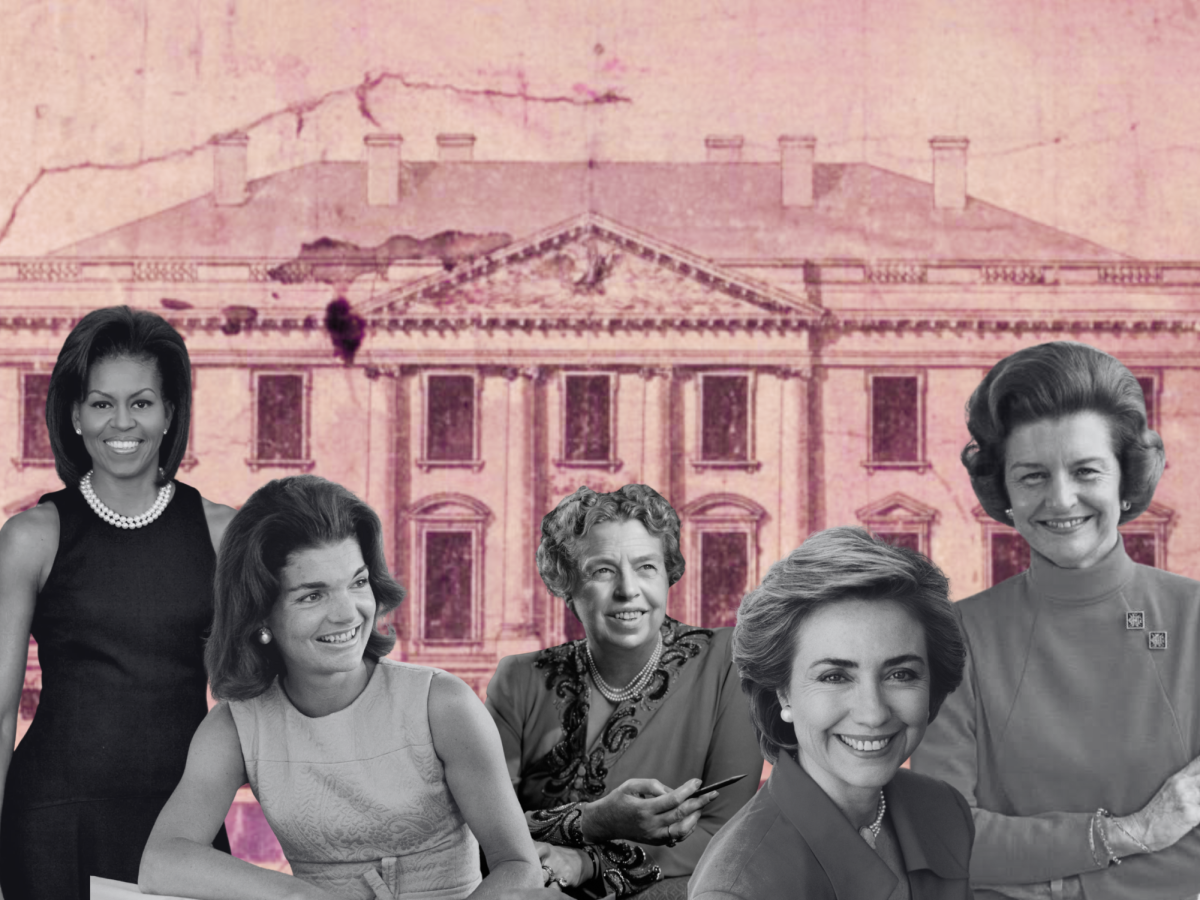
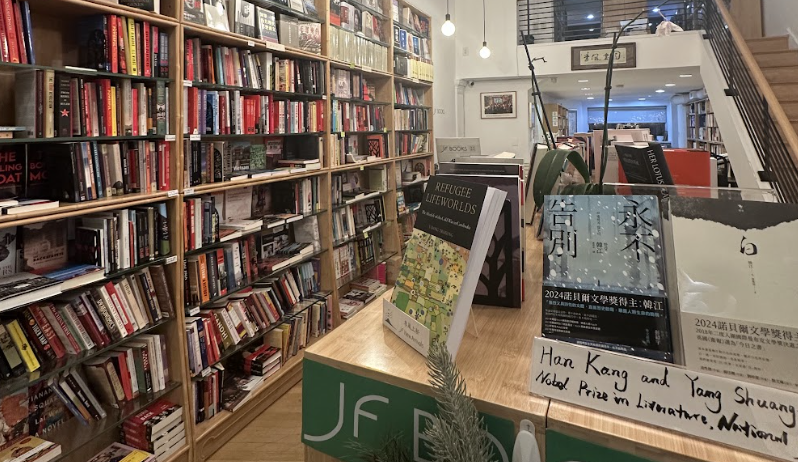
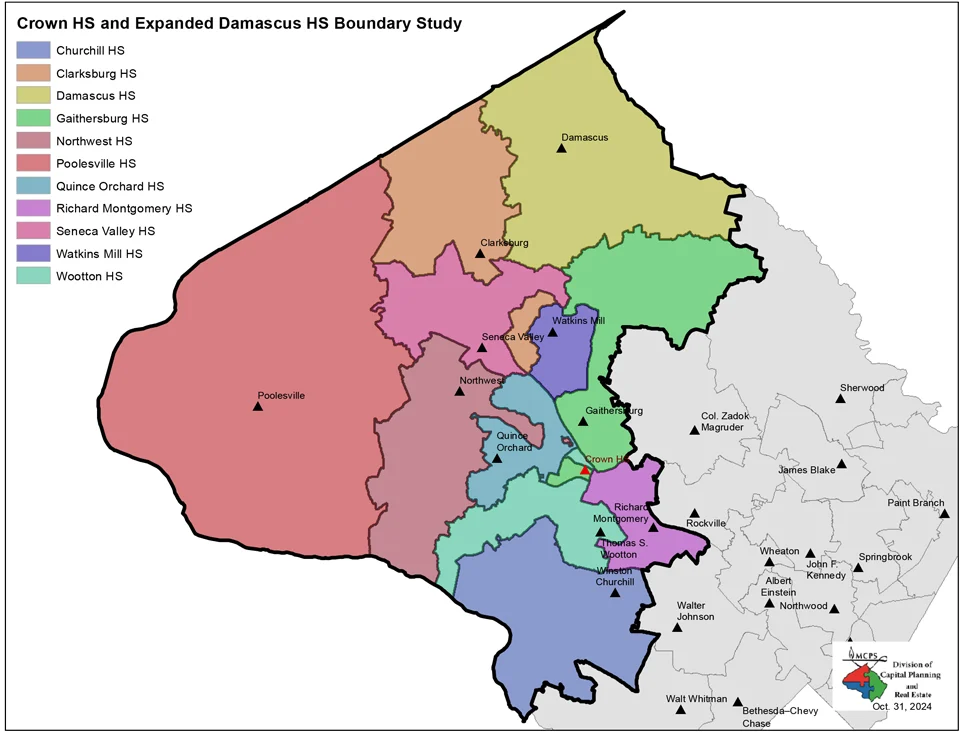

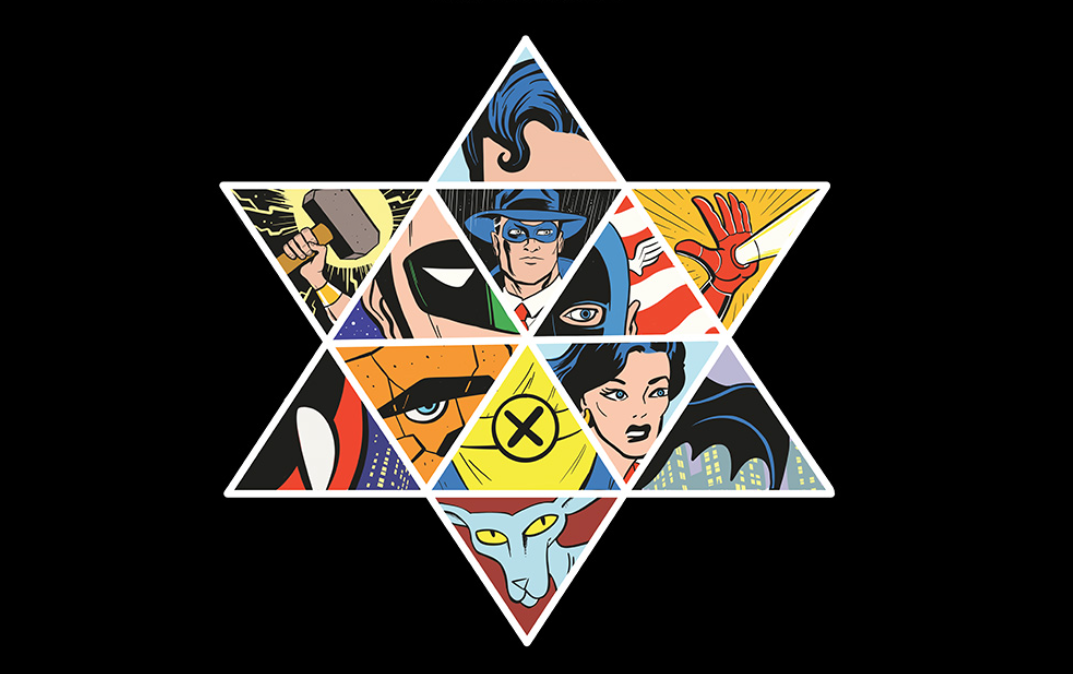



Krista • Feb 18, 2024 at 11:17 pm
very good job. writing was superb. Fantastic bringing the article full circle from the illustration. Quite an interesting read!